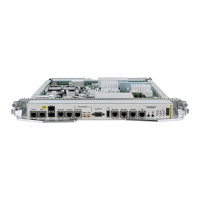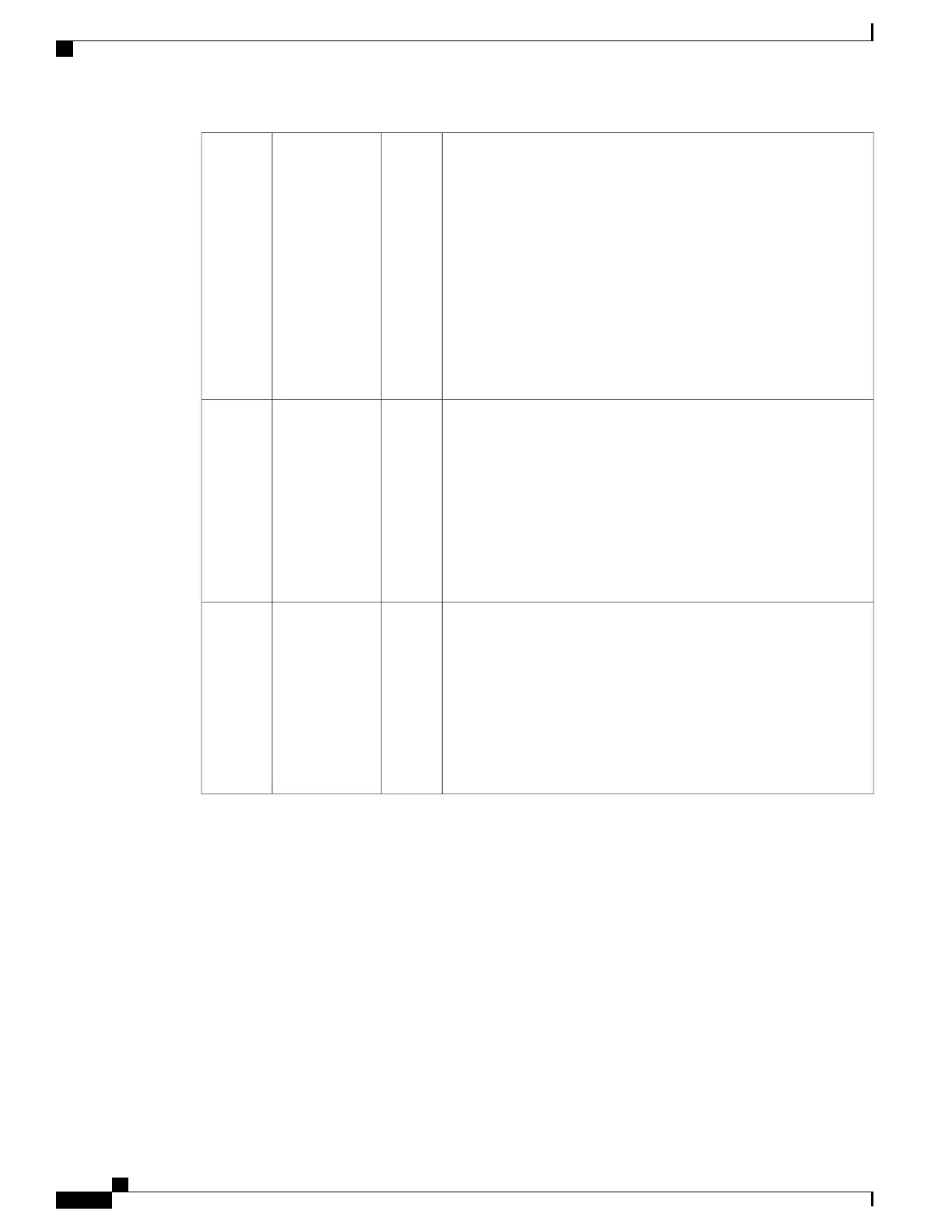The traffic-rate extended community is a non-transitive extended
community across the autonomous-system boundary and uses
following extended community encoding:
The first two octets carry the 2-octet id, which can be assigned from
a 2-byte AS number. When a 4-byte AS number is locally present,
the 2 least significant bytes of such an AS number can be used. This
value is purely informational. The remaining 4 octets carry the rate
information in IEEE floating point [IEEE.754.1985] format, units
being bytes per second. A traffic-rate of 0 should result on all traffic
for the particular flow to be discarded.
Command syntax
police rate < > | drop
Drop
Police
traffic-rate 0
traffic-rate
<rate>
0x8006
The redirect extended community allows the traffic to be redirected
to a VRF routing instance that lists the specified route-target in its
import policy. If several local instances match this criteria, the choice
between them is a local matter (for example, the instance with the
lowest Route Distinguisher value can be elected). This extended
community uses the same encoding as the Route Target extended
community [RFC4360].
Command syntax based on route-target
redirect {ipv4} extcommunity rt <route_target_string>
Redirect
VRF
redirect-vrf0x8008
The traffic marking extended community instructs a system to modify
the differentiated service code point (DSCP) bits of a transiting IP
packet to the corresponding value. This extended community is
encoded as a sequence of 5 zero bytes followed by the DSCP value
encoded in the 6 least significant bits of 6th byte.
Command syntax
set dscp <6 bit value>
set ipv4 traffic-class <8 bit value>
Set
DSCP
traffic-marking0x8009
Cisco ASR 9000 Series Aggregation Services Router Routing Configuration Guide, Release 5.3.x
210
Implementing BGP Flowspec
Information About Implementing BGP Flowspec

